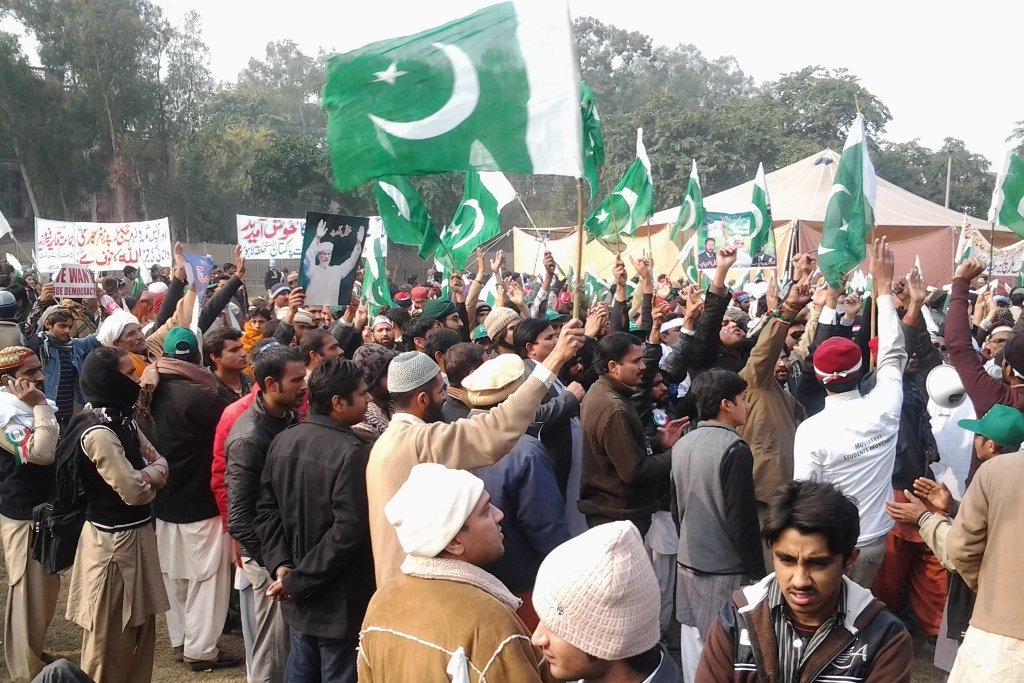
From day one, segments of the civil society - including human rights activists, writers and intellectuals - have condemned Tahirul Qadri’s sit-in protest in Islamabad to demand dissolution of constituent assemblies and electoral reforms.
Where the social activists agree upon the need for democratic and electoral reforms in the country, they have fundamental disagreements with the means adopted by Qadri to achieve these ends. The fiery cleric has been sitting in front of the D-Chowk with tens of thousands of followers for three days now.
Zafarullah Khan, executive director of the Islamabad-based Centre for Civic Education, said Qadri’s demand of dissolving assemblies is not the way to achieve his objective of good governance.
“The ambit and parameter for bringing about good governance are different,” Khan said. “It should be achieved through either giving recommendations to the government or by staying within the framework and contesting the elections.”
Qadri’s agenda is “vague and misleading” and he has little to offer in terms of specific institutional changes, said Raza Rumi, director of Jinnah Institute.
“(These changes) are best handled by parliamentary committees with input from policy community and think tanks,” he said. “The parliamentary institution such as standing committees must venture to strengthen the working of these committees and also involve civil society and citizens through public hearings.”
Khan said Qadri’s sit-in could also have adverse effects on the elections.
“For the first time in our lives, we could have had performance-based elections, we could have voted out the current politicians on the basis of their work,” Khan said. “But now it has become a survival-of-democracy debate again.”
Electoral reforms
Reformation of the electoral process is a major item on Qadri’s laundry list of demands. Qadri has demanded the chief election commissioner to resign voluntarily and accused the provincial election commissioners of having political affiliations. But here again the activists question his tactics.
“Proportional representation is a good thing,” Khan said. “But it needs to be brought about through a constitutional amendment.”
Proportional representation is a voting system where the number of seats a party wins is in proportion to the percentage of votes it receives.
“There is little disagreement on systems such as proportional representation, or ensuring true representation of the people to reach the legislatures.” Rumi said. “But there should be a debate on the electoral reforms, not a scratch-it-if-it-doesn’t-work approach.”
Political Education
The only way to prevent people from getting exploited by political and religious leaders is through education, rights activist Farzana Bari said.
“Right now, the system is not delivering and people do not have stakes in the system,” she said.
So people are being recruited for suicide bombing in the name of religion or being mobilised to take part in an undemocratic protest on the pretext of good governance, Bari said.
“There should be access to education so people can make their own choices, get economic opportunities and develop stakes in the system,” she said. Khan said there is a need for political education in Pakistan and the electronic media can play its part.
“Instead of giving hours of air time to people who mislead and confuse the public, if the broadcast channels just spend 30 minutes a day on programmes about political education, they can do a world of good,” Khan said. “Television talk show formats instead of organising abuse matches should focus on reform issues which require public participation and informed discourse,” Rumi said.
Leader’s insensitivity
Qadri has also been criticised for staying in a container-cum-room that seems to be impervious to the elements of nature while his supporters, including children, are out in the cold.
“In the first place, they (the federal and provincial governments) should not have allowed women and children to sit in the biting cold,” Rumi said. “The use of children as human shields reflects complete insensitivity to child rights in Pakistan.”
Under no circumstances should children be put in such risky situations, he said.
Bari said she was “upset” at the way the little children have been made to sit in the cold. “Qadri speaks of equality and justice, but you cannot see that in his own sit-in,” she said, pointing out that he has not once stepped out of the container to join his followers in the cold weather.
Published in The Express Tribune, January 18th, 2013.





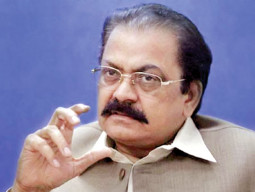

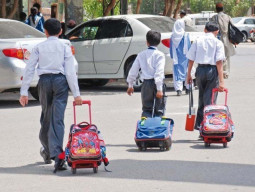


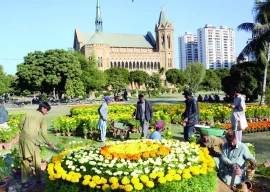

1736508423-0/Express-Tribune---News-Desk-(9)1736508423-0-270x192.webp)

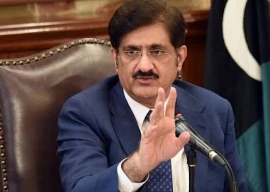
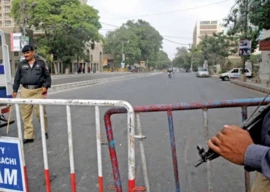







COMMENTS
Comments are moderated and generally will be posted if they are on-topic and not abusive.
For more information, please see our Comments FAQ